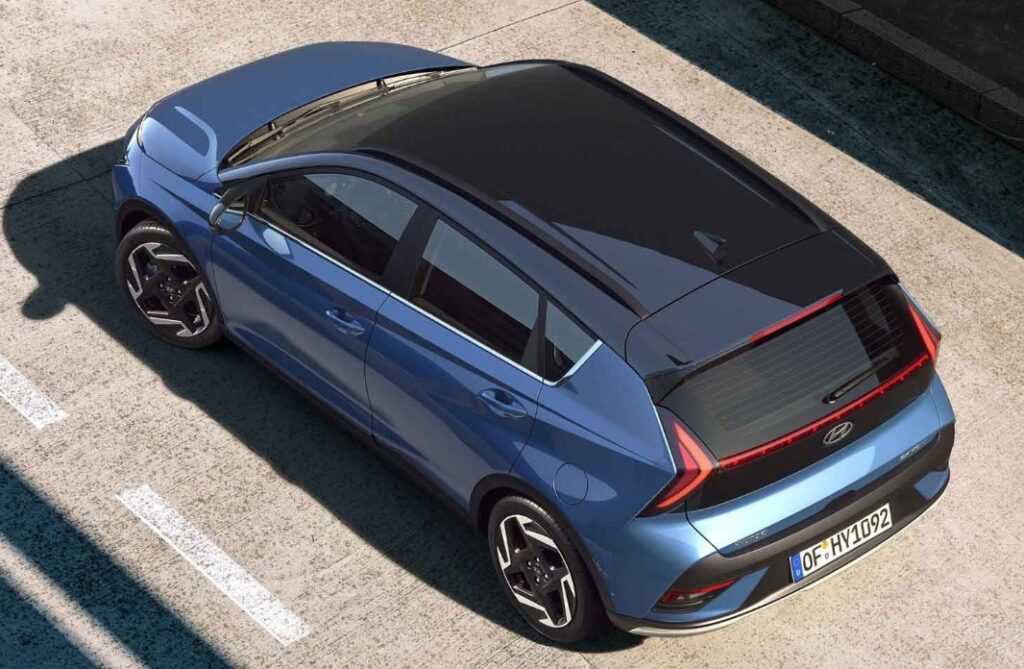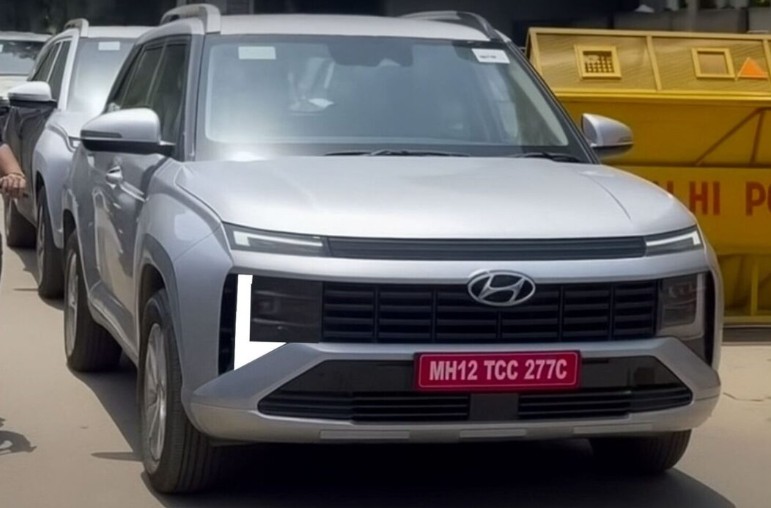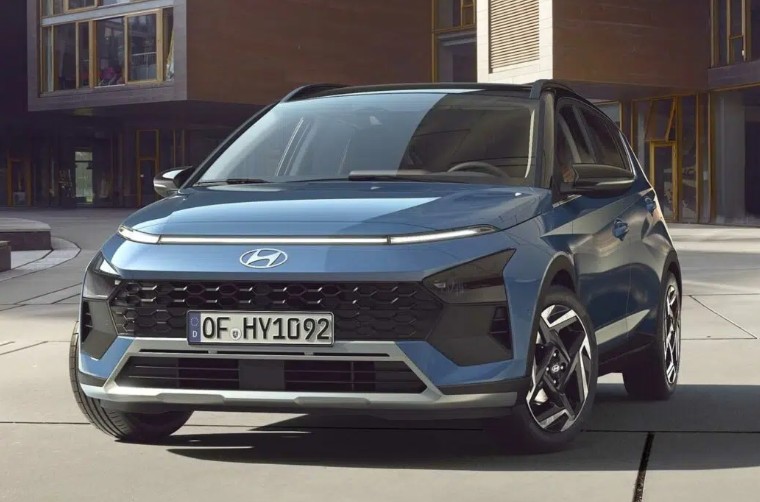Hyundai Accelerates Indian Offensive: 26 New Models by FY30, Hybrid and EV Push to Lead the Charge
Chennai, India – June 21, 2025 – Hyundai Motor India has unveiled an ambitious and comprehensive roadmap for the coming years, confirming a robust pipeline of 26 new vehicles slated for the Indian market by the end of Fiscal Year 2030. This strategic offensive highlights Hyundai’s unwavering commitment to solidifying its position across multiple price brackets, with a significant emphasis on expanding its electric vehicle (EV) and, notably, its hybrid offerings.
Of the impressive 26 upcoming models, 20 will continue to rely on internal combustion powertrains, demonstrating Hyundai’s intent to cater to the diverse needs of the traditional market while transitioning towards electrification. However, the future is clearly electric for the Korean automaker, with six new products slated to be fully electric. This marks a substantial expansion from its current EV portfolio in India, which is limited to the critically acclaimed Ioniq 5 and the recently launched Creta Electric.
Hyundai has already given a strong preview of its broader electric ambitions, showcasing models such as the sleek Ioniq 6 sedan and the commanding Ioniq 9 flagship SUV at the Auto Expo. These global models signal the advanced EV technology and diverse form factors that Hyundai intends to bring to the Indian consumer in the coming years.

Hybridization to Play a Crucial Role:
Beyond pure EVs, industry reports suggest that hybridization will also play a pivotal role in Hyundai’s strategic roadmap. This is a crucial pivot, recognizing the immediate need for fuel-efficient alternatives that bridge the gap between traditional ICE vehicles and full EVs. The highly anticipated next-generation iteration of the best-selling Hyundai Creta and an all-new three-row SUV, strategically positioned between the Alcazar and Tucson, are both expected to debut with hybrid powertrains by 2027. This move will allow Hyundai to capitalize on the growing demand for fuel-efficient and environmentally conscious vehicles without requiring a full transition to battery-electric technology, addressing concerns around charging infrastructure and range anxiety.

Accelerating EV Ambitions and SUV Focus:
Encouraged by the positive traction gained by the Creta Electric, which was introduced earlier this year and has been well-received, Hyundai appears set to significantly accelerate its EV ambitions in India. A clear emphasis on Sport Utility Vehicles (SUVs) is expected to guide the company’s upcoming electric lineup. This strategy will combine both globally sourced models, leveraging Hyundai’s international EV expertise, and locally manufactured models, demonstrating a deeper commitment to the Indian ecosystem.
Alongside this significant product expansion, Hyundai is also preparing to ramp up the localization of its electric offerings. This crucial step will not only reduce production costs but also make EVs more accessible and competitive in the Indian market. In parallel, the company is working diligently to expand charging infrastructure, recognizing it as a key pillar for ensuring long-term competitiveness and fostering widespread EV adoption in India.
Upcoming Models and Segment Diversification:
Leading the charge in Hyundai’s new portfolio is the next-generation Venue, which is expected to make its way to dealerships before the calendar flips to 2026. This compact SUV will undergo a wide range of updates, including cosmetic tweaks to the exterior and a comprehensively revised cabin, aiming to maintain its strong presence in the highly competitive sub-compact SUV segment. Whispers also suggest an electric version of the Venue could be under development, further broadening its appeal.
Hyundai is reportedly preparing to introduce a compact electric crossover to Indian showrooms as early as 2026. This EV will be based on the Inster EV, which has already been introduced overseas, and will be specifically tailored for the local market. This move will significantly bolster Hyundai’s battery-electric range in the entry-level segment, positioning it to directly compete with popular models like the Tata Punch EV and other emerging players. Furthermore, the global i20-based Bayon is expected to give rise to a new compact SUV for the Indian market, adding another option to its diverse portfolio. Meanwhile, whispers of a mid-cycle refresh for the Creta Electric are also circulating, potentially targeting a 2027 timeline, indicating Hyundai’s commitment to keeping its EV models fresh and competitive.
On the internal combustion front, Hyundai has concrete plans to update its familiar nameplates. Updated versions of popular models such as the Grand i10 Nios, i20, Exter, and Verna are on the cards within the next 12-18 months, ensuring that its core ICE portfolio remains strong and relevant in a dynamic market.
Hyundai’s ambitious roadmap underscores its determination to not only maintain its strong market presence but also to lead the charge in India’s evolving automotive landscape, driven by a strategic blend of traditional ICE updates, a significant push into hybrids, and a rapidly expanding electric vehicle lineup. The coming years promise to be transformative for Hyundai in India, offering consumers an unprecedented array of choices across segments and powertrains.

